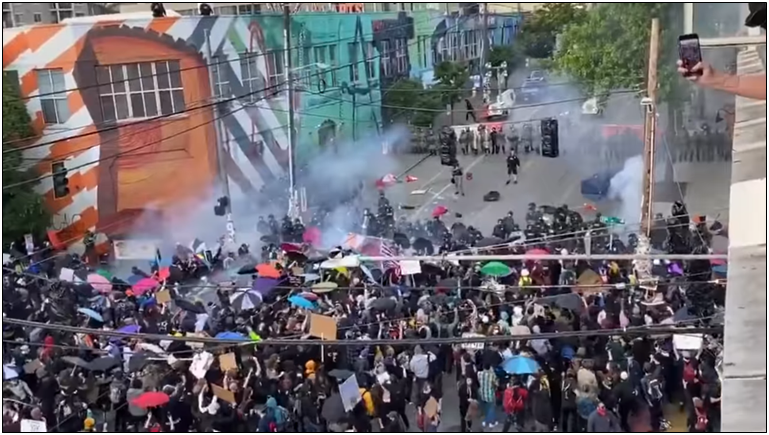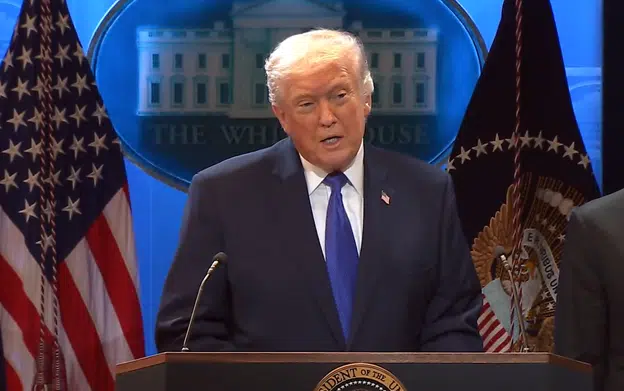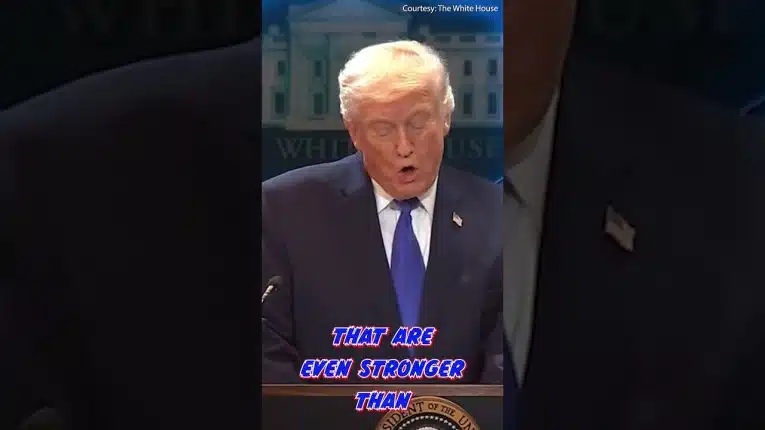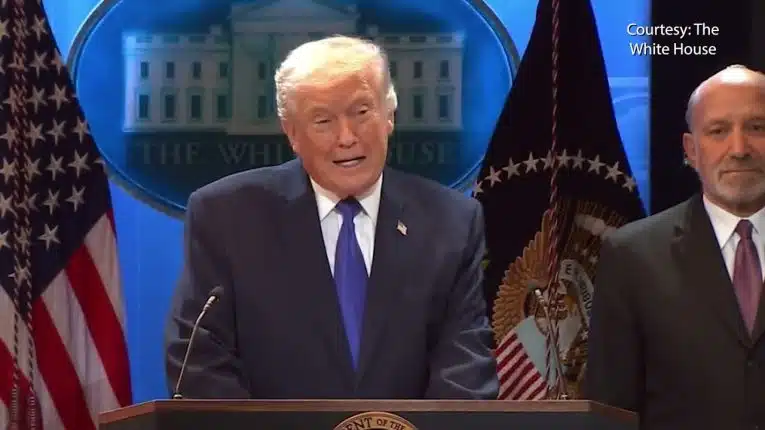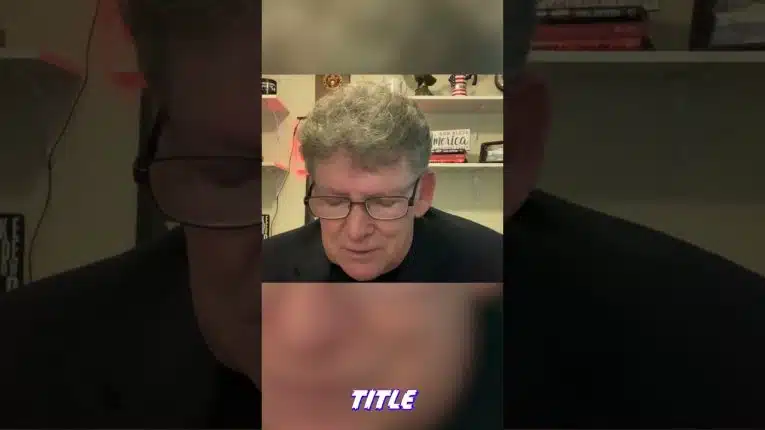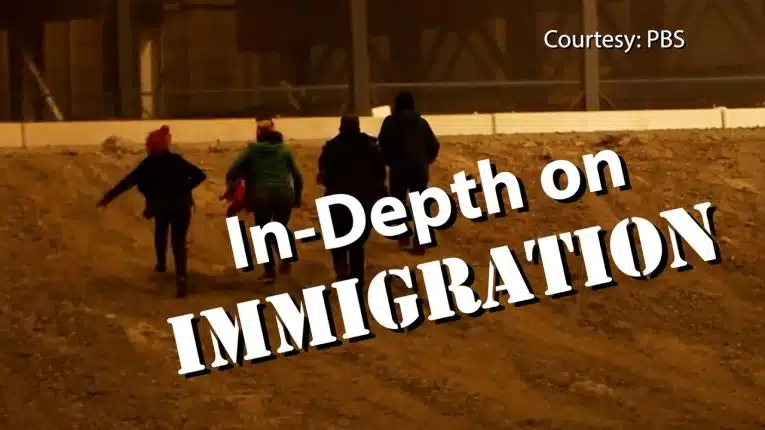Update, 7/1/20: Seattle Police have reclaimed the Third Precinct and are dispersing the CHAZ.
A second fatal shooting has occurred in the democratic republic of the Capitol Hill Autonomous Zone (CHAZ) in downtown Seattle as protesters nationwide increase their calls to defund police departments everywhere amid expanding occupy demonstrations in more cities.
After the first shooting on June 20, Democratic Seattle Mayor Jenny Durkan called for police to return to the area and reclaim the abandoned Third Precinct to be able to respond to emergency calls.
But so far, the neighborhood has not been taken back.
On June 1, President Donald Trump had warned that “If a city or state refuses to take the actions that are necessary to defend the life and property of their residents, then I will deploy the United States military and quickly solve the problem for them.”
In a Harvard Caps/Harris poll, 52 percent of Americans say they would support using the military to help restore order in U.S. cities.
However, on June 20, President Trump walked back the threat a bit at his campaign rally in Tulsa, Okla., stating, “any time you want, we’ll come in” and “I may be wrong, but it’s probably better for us to just watch that disaster” so that the American people can see “what radical left Democrats will do to our country.”
But now the delay is leading to deadly results. It might be time to reconsider what is the safest way to address the rebellion that has become entrenched over the past month in the wake of the murder of George Floyd by former Minneapolis police officer Derek Chauvin.
On the issue of whether to federalize the National Guard, the President would be well within his powers to do so. Under 10 U.S. Code § 252, “Whenever the President considers that unlawful obstructions, combinations, or assemblages, or rebellion against the authority of the United States, make it impracticable to enforce the laws of the United States in any State by the ordinary course of judicial proceedings, he may call into Federal service such of the militia of any State, and use such of the armed forces, as he considers necessary to enforce those laws or to suppress the rebellion.”
This section of law was enacted in 1792 in response to the Whiskey Rebellion. It was updated in 1795, 1807 (when the Insurrection Act replaced it), 1861 and 1956. It was used by George Washington to put down the Whiskey Rebellion, by Abraham Lincoln to wage the Civil War and by Dwight Eisenhower in 1957 when Arkansas tried to use the Arkansas National Guard to block school integration and Eisenhower federalized the Guard to enforce Brown v. Board of Education.
In 1794, Pennsylvania Governor Thomas Mifflin initially did not want to cooperate with Washington’s request to use the state militia but relented when it became clear force would be necessary. But in Lincoln and Eisenhower’s cases, neither intervention was at the request of state governors.
These cities appear more than happen to cede their streets to violent crime.
For example, Democratic New York City Mayor Bill DeBlasio has been grappling with an encampment right outside City Hall that is urging $1 billion of cuts from the New York City Police Department. To placate the mob, DeBlasio has already agreed to their demands.
In the meantime, messages have been circulating among police officers urging they take a sick day on July 4, leading to rumors that police there plan on going on strike for the entire Independence Day weekend. New York State law forbids police from going on strike, hence the urging to take a sick day.
The text message being passed around stated, “NYPD cops will strike on July 4th to let the city have their independence without cops.”
While it is hard to imagine that cops would abandon the city en masse on Independence Day where their own families live, the message is clear that police officers including the NYPD do not feel like they are being supported by elected officials.
The same can be said for police departments across the country, which are now apprehensive about enforcing the law.
If allowed to continue, it could lead to a crime wave and increased murders. In New York, murders are already up 47 percent this month compared to last year.
The American people expect law and order. If police stand down or are significantly curtailed by elected leaders, this situation will only get worse as civil order breaks down.
Robert Romano is the Vice President of Public Policy at Americans for Limited Government.


